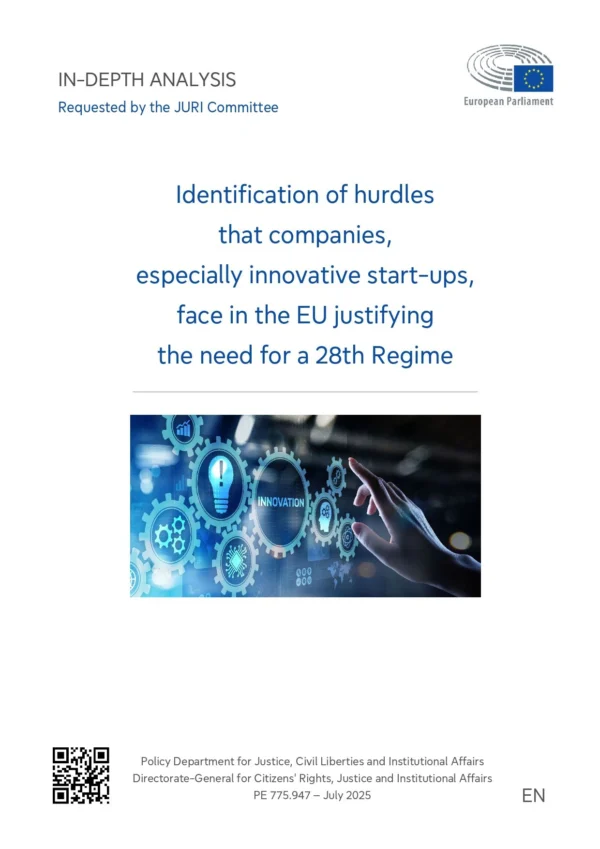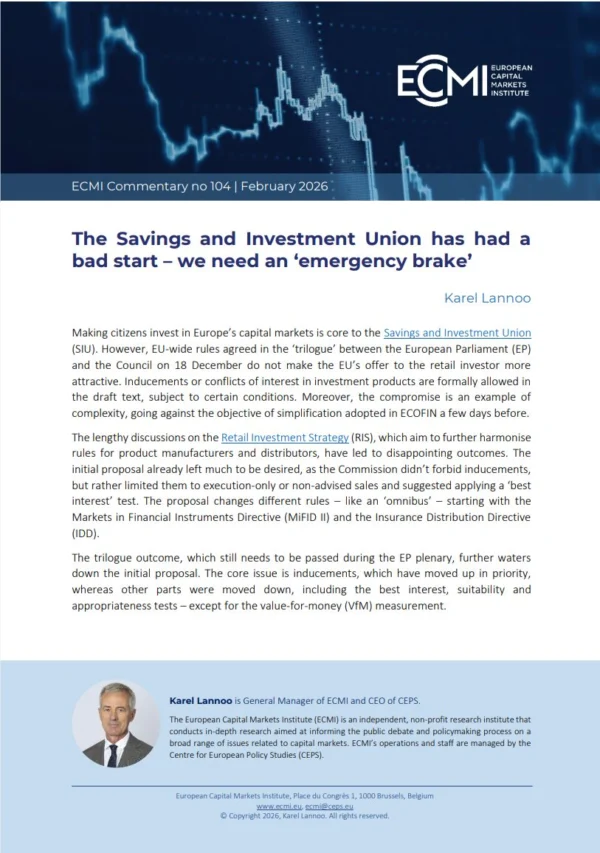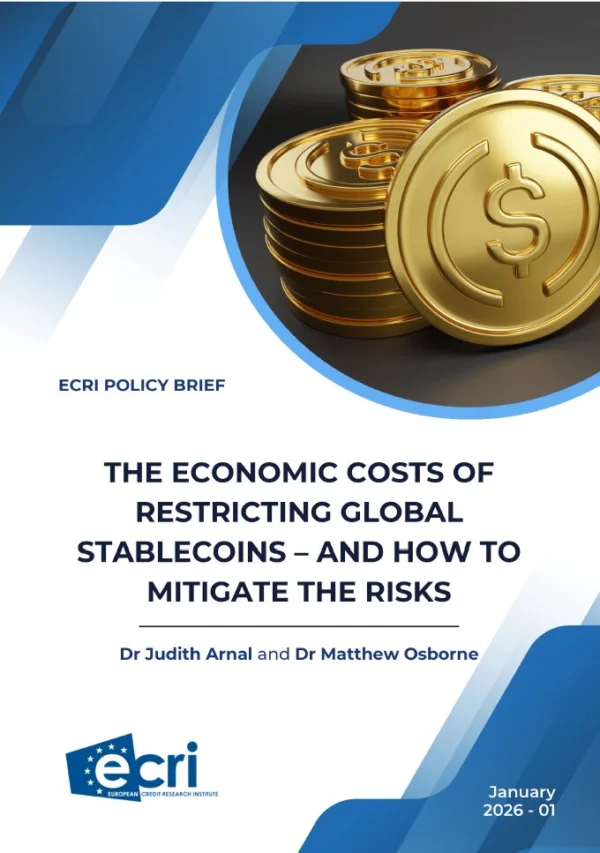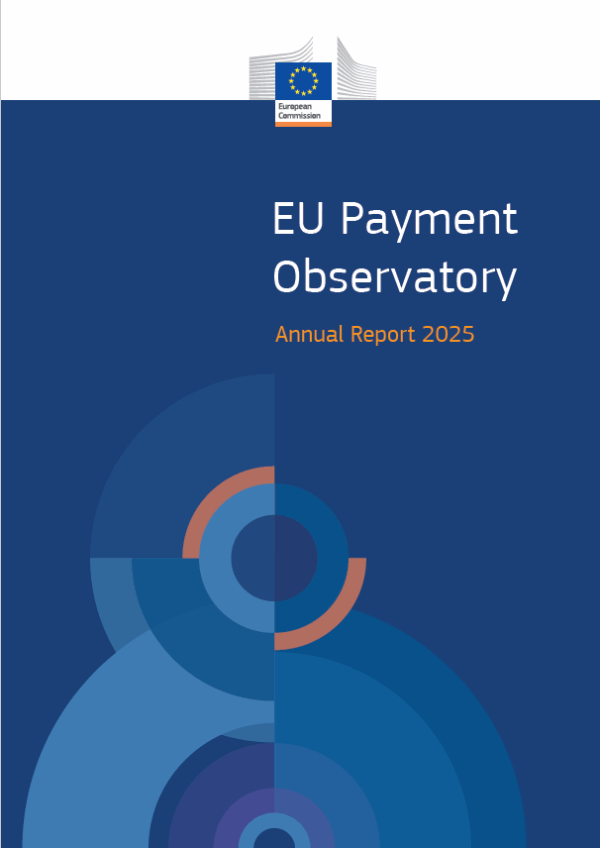The current discussion around a ‘28th Regime’ originates from a proposal included in the Letta report, that would allow firms that wish to do so to operate under a new business law codified at European level. The purpose would be to enable companies – especially SMEs and innovative firms – to operate without friction across all EU Member States.
The problems that the 28th Regime seeks to address are not new. Tensions between EU-level harmonisation or centralisation and Member State autonomy have persisted for decades. These tensions are not per se a defect – it is common for political systems struggle to find the right balance between centralisation and decentralisation. The issue today is that the balance struck in the EU is widely recognised as sub-optimal, yet it has not proven politically feasible to improve.
There is a long history of efforts to strengthen the EU Single Market, of which the Letta report is only the latest link in a long series. Harmonisation has been both a long-standing objective and a recurring challenge. Despite decades of effort, many barriers to the Single Market remain impervious to change. This renewed focus must be understood in conjunction with a broader emphasis on enhancing the EU’s productivity and global competitiveness, particularly due to growing competition from both China and the US.
This In-Depth Analysis, requested by the European Parliament’s JURI Committee, assesses the potential drivers and rationale for a possible 28th Regime, as proposed by Letta.









